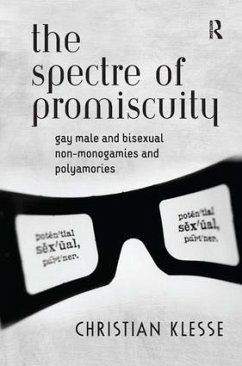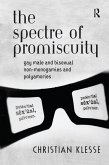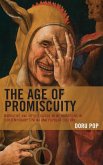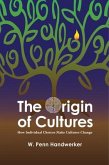Wide-ranging research suggests that partners in gay male and bisexual relationships do not necessarily expect monogamy, or see it as an important issue. Although the frequency of gay male and bisexual non-monogamous partnerships tends to be widely acknowledged in social science literature, these relationships have rarely been explored in more detail. By providing rich empirical data, thoughtful analysis and theoretical debate, this book makes a significant contribution to the sociological literature on sexual and intimate relationships. More specifically it explores the diversity of gay male and bisexual relationship practices in the context of heteronormative citizenship and intra-social movement conflict, and highlights the complexity of power relations that circumscribe queer people's relationships and sexual lives. Written in an accessible and engaging manner, The Spectre of Promiscuity provides important insights for further studies on sexual culture, discourse, citizenship, politics and ethics.
Hinweis: Dieser Artikel kann nur an eine deutsche Lieferadresse ausgeliefert werden.
Hinweis: Dieser Artikel kann nur an eine deutsche Lieferadresse ausgeliefert werden.









